

Supporting a toddler through moments of heightened emotion requires patience and thoughtful strategies. Here are some effective de-escalation techniques you can try. The following article provides information on De-escalation Strategies During A Tantrum, De-escalation Strategies During Separation Anxiety, De-escalation Strategies When A Toddler's Crying, De-escalation Strategies When A Toddler Hits. De-escalation When A Toddler Screams, De-escalation Strategies When A Toddler Bites and more.
Critical reflection is a powerful tool for understanding and addressing challenging behaviours in young children. Here are some reflective questions you might consider when analysing a child's behaviour. The following article provides information on: Reflective Question When Analysing A Child's Behaviour, Applying These Reflection Questions In Practice, Example in Practice, Example Of Reflection Questions In Action and more.
Supporting toddlers aged 2–3 years with challenging behaviors requires understanding their developmental stage and using strategies tailored to their needs. Here are some effective approaches:
Social Constructivist Theory in Early Childhood Education is a learning approach grounded in the idea that children actively construct knowledge through their social interactions and cultural experiences. Rather than viewing learning as an individual process of acquiring information, social constructivism emphasizes that children build understanding through communication, collaboration, and shared experiences. The following article provides information on Key Concepts, Applications In Early Childhood, Modern Relevance In Childcare and more.
Behaviourism is a learning theory developed by psychologists B.F. Skinner and John Watson, focusing on how behavior is shaped through reinforcement. It is based on the idea that children learn through stimulus-response interactions, where positive and negative reinforcement influence behaviours. The following article provides information on Key Concepts, Applications In Early Childhood, Modern Relevance In Childcare and more.
Supporting a toddler with challenging behavior requires a combination of strategies and resources tailored to their developmental stage. The following article provides information on Strategies To Support Toddlers With Challenging Behaviour, Positive Reinforcement For Toddlers, Teaching Emotional Regulations To Toddlers and more.
Some children find it difficult to process the information received from their senses. Those who feel sensory inputs too intensely – like colours appearing excessively bright or fruits tasting too grainy – can become sensory sensitive or sensory avoidant. The following article provides calm-down strategies for over-responsive children that you can use within the learning environment.
Anxiety is one of the most common reasons why children don’t want to leave home and their families. If not addressed at the right time, it can worsen into a debilitating condition, seriously affecting learning too. The following article provides information on identifying and supporting children with anxiety.
Behaviour management can be challenging sometimes, with energetic toddlers and young children eager to explore their physical and social environment. The following article provides positive guidance strategies and is how Educators can implement them within the learning environment.
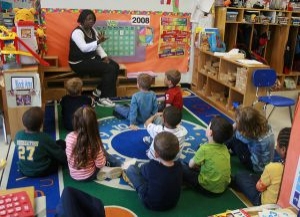 Working as a childcare professional can be a challenge especially when dealing with behavioural problems which may arise. The techniques we use when dealing with… Read More
Working as a childcare professional can be a challenge especially when dealing with behavioural problems which may arise. The techniques we use when dealing with… Read More
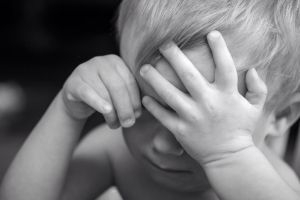 There are different types of behaviour that children can display and sometimes it can be hard to manage, especially if a child is having behavioural… Read More
There are different types of behaviour that children can display and sometimes it can be hard to manage, especially if a child is having behavioural… Read More
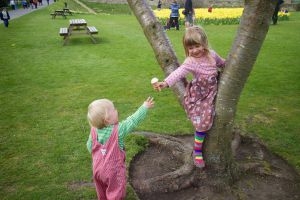 As a parent, your behavioural expectations of your child can be higher than what is actually developmentally appropriate for your child's age.
Read More
As a parent, your behavioural expectations of your child can be higher than what is actually developmentally appropriate for your child's age.
Read More
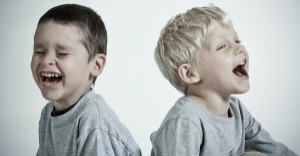 As Educators, there will be many instances where you will need to write about a child's behaviour. For a behaviour management plan, assessments, half-yearly or… Read More
As Educators, there will be many instances where you will need to write about a child's behaviour. For a behaviour management plan, assessments, half-yearly or… Read More
 As Educators when communicating with Parents (through verbal or non-verbal communication), there will be times where we need to discuss issues or concerns that may… Read More
As Educators when communicating with Parents (through verbal or non-verbal communication), there will be times where we need to discuss issues or concerns that may… Read More
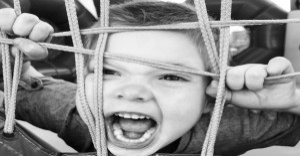 Challenging Behaviour is when a child does something that hurts themselves and/or other people.
Read More
Challenging Behaviour is when a child does something that hurts themselves and/or other people.
Read More
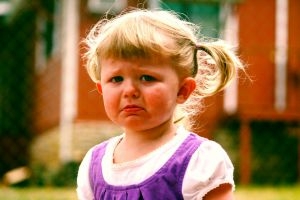 As part of your child's development it is normal for your child to have anxiety and fears. A baby commonly shows a fearful sign to… Read More
As part of your child's development it is normal for your child to have anxiety and fears. A baby commonly shows a fearful sign to… Read More
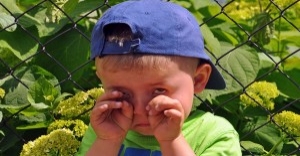 It's always difficult to bring up behavioural issues with parents, it can be nerve wrecking to tell a parent that their child misbehaves but that… Read More
It's always difficult to bring up behavioural issues with parents, it can be nerve wrecking to tell a parent that their child misbehaves but that… Read More
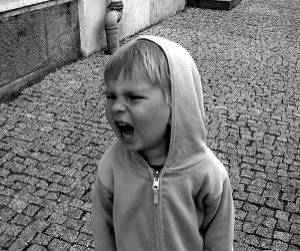 All children deal with anger on a daily basis. Thinking about it as a child, there is a lot to be angry about. Elder people… Read More
All children deal with anger on a daily basis. Thinking about it as a child, there is a lot to be angry about. Elder people… Read More
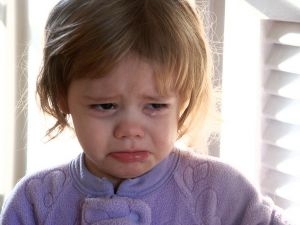 It is important to understand that your child behaviour problems could not just be from attention seeking. There are many factors to take into consideration… Read More
It is important to understand that your child behaviour problems could not just be from attention seeking. There are many factors to take into consideration… Read More

Gardner proposed a theory of multiple intelligences that suggests there is more than one intelligence...
See more...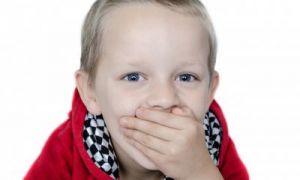
Preschoolers enjoy talking and are happy to tell their ideas or what they're thinking. They...
See more...
As your baby becomes a toddler there are certain situations that, as a parent, you...
See more...© 2009-2025 Aussie Childcare Network Pty Ltd. All Rights Reserved.
